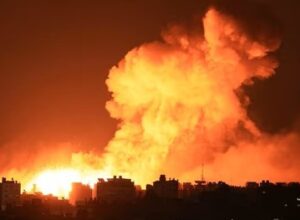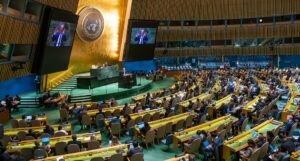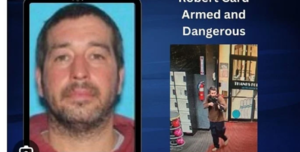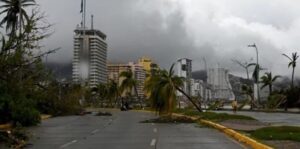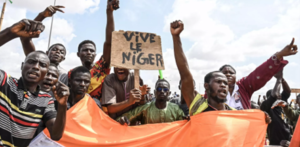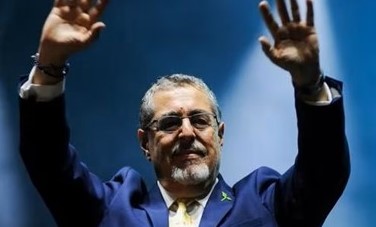
In a resounding result, Bernardo Arévalo de León stands as the winner of the recent presidential elections in Guatemala, obtaining 59 percent of the total votes cast, equivalent to 2.2 million votes. This historic election took place last Sunday and marked a milestone in Guatemalan politics.
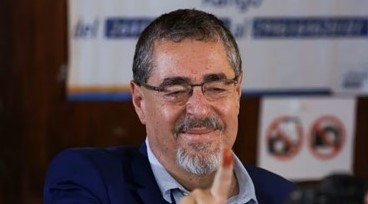
The New Leader: Bernardo Arévalo de León
Bernardo Arevalo de Leon, a 64-year-old scholar, emerged as the favorite candidate of the progressive political party. His victory stands out for his outstanding academic career and his commitment to progressive change in the country. After an electoral confrontation with the former first lady, Sandra Torres Casanova, Arévalo de León secured the role of the new president of Guatemala.
Election Results and Next Steps
After a 90 percent vote count, Arevalo de Leon has amassed a total of 2.2 million votes, representing 59 percent of the total. In contrast, Sandra Torres Casanova has reached 1.3 million votes, equivalent to 35 percent. The Supreme Electoral Tribunal of Guatemala will make the result official in the coming hours, paving the way for the investiture of Arévalo de León on January 14. This event will mark the beginning of a four-year period in which he will assume the presidency replacing the current president, Alejandro Giammattei.
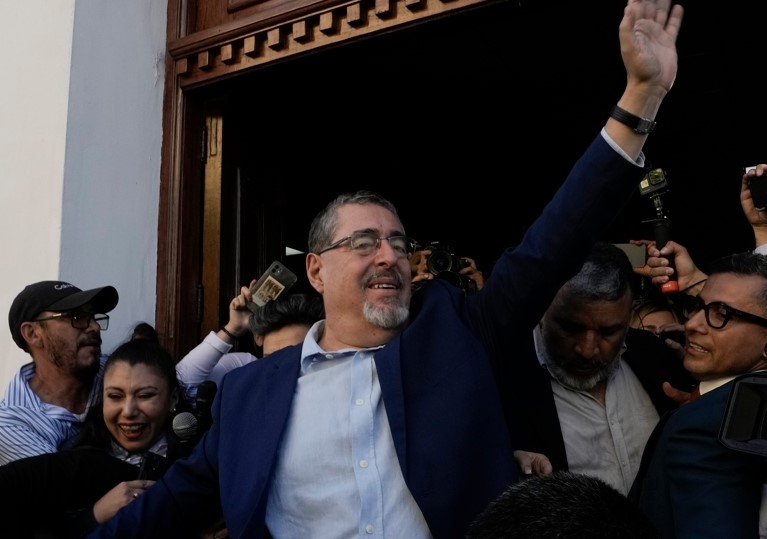
Incident and Election Observations
Although the electoral process went mostly smoothly, the day culminated in a notorious incident: the detonation of two homemade devices at peripheral polling stations in Guatemala City. Fortunately, there were no injuries or fatalities. The reports of local and international observation missions generally confirmed that the electoral process proceeded normally.
According to reports from the Guatemalan Electoral Observation Mission, 99.6 percent of polling stations opened on time and without problems. It is noteworthy that the National Unity of Hope and Seed, the main political groups, had a presence in a high percentage of the polling stations.
A controversial electoral process
The current electoral process has been the most controversial in Guatemala since the establishment of democracy in 1986. The involvement of the Attorney General’s Office has stirred controversy since July 12, when it tried to block the Seed Movement and hinder Arévalo de León’s candidacy.
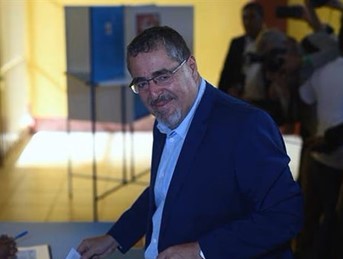
Voter Participation and Closing of Results
In contrast to some nations, Guatemala does not measure voter turnout during the electoral process. Data on participation are only disclosed at the close of the results. This singular approach adds an element of suspense to the election and keeps the nation on hold until the final numbers are revealed.
For more articles like this, click here


